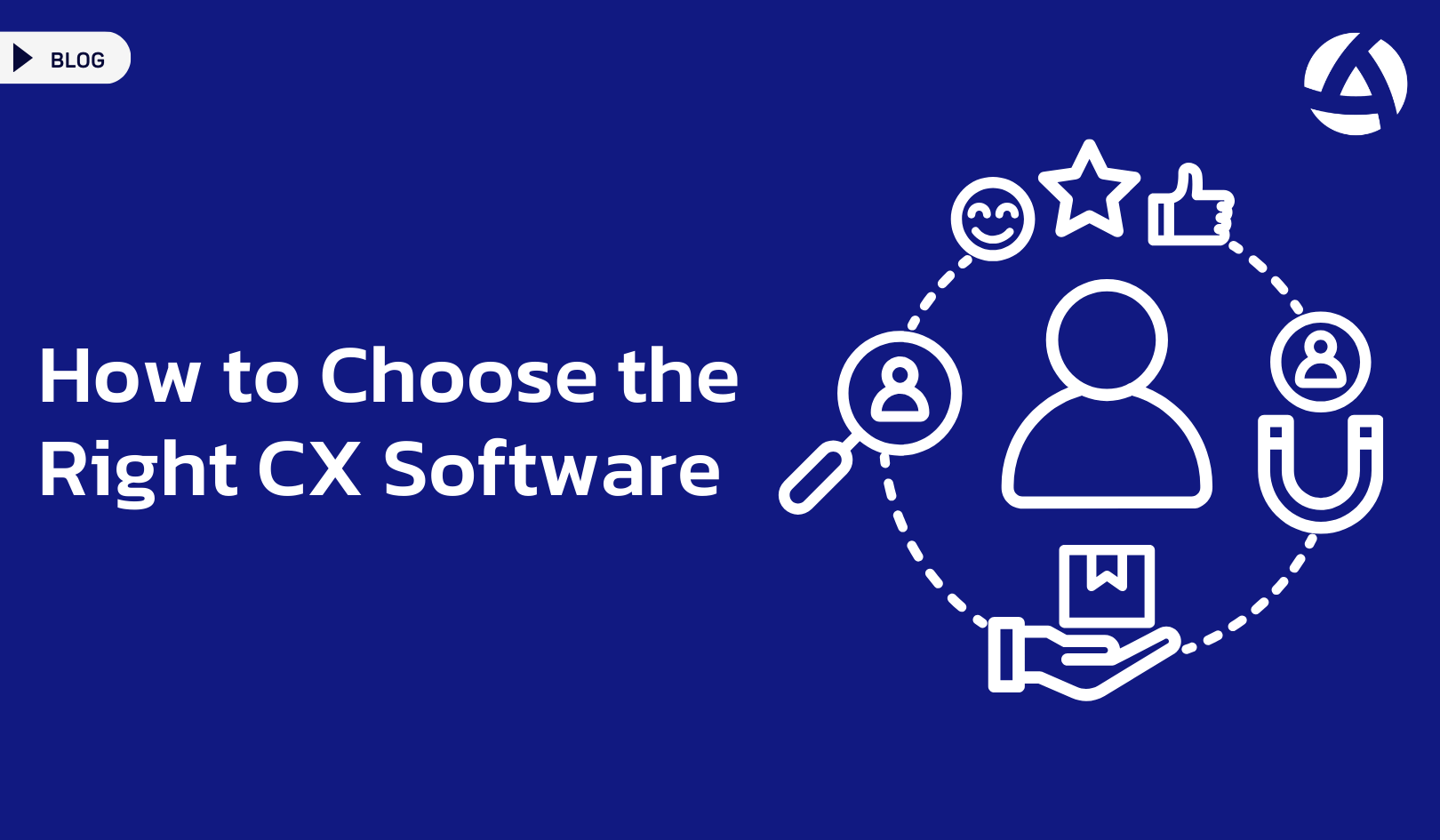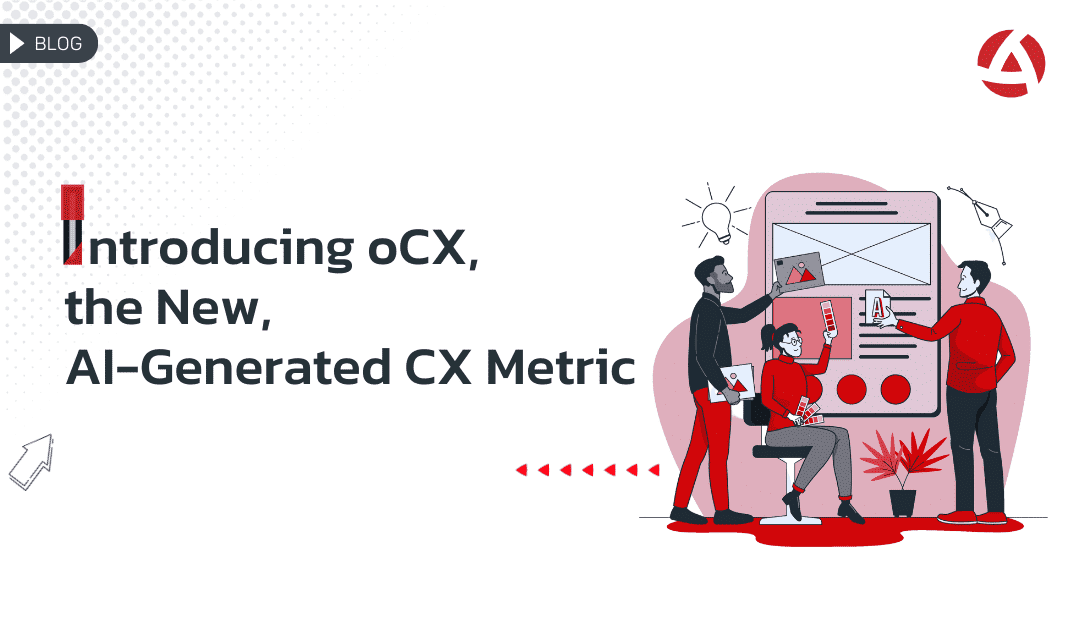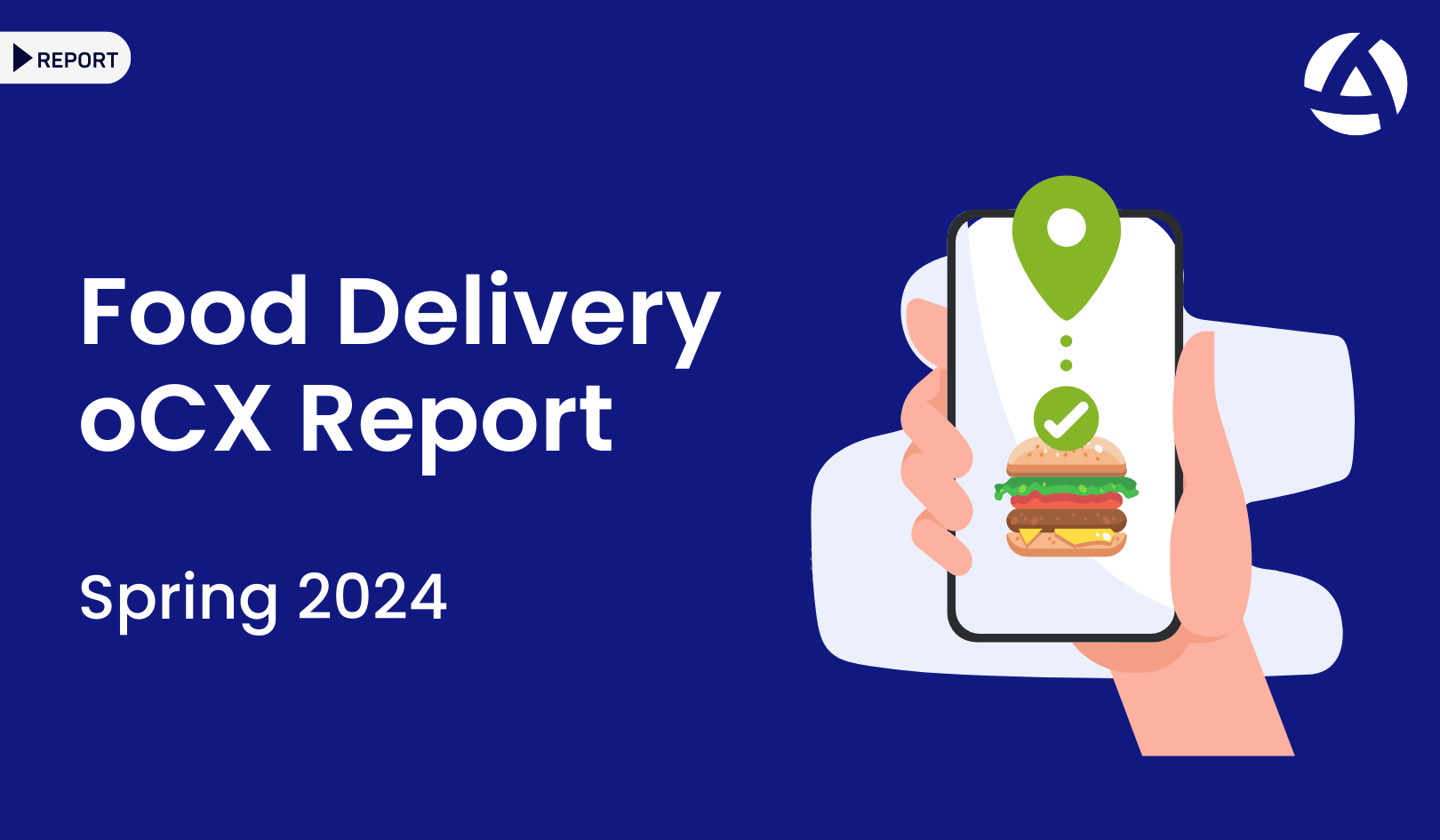Selecting the right CX software is crucial for any business aiming to enhance its customer experience. With numerous options available, it can be overwhelming to decide which one suits your needs best. Here’s a guide to help you make an informed decision.
Understand Your Business Needs
Before exploring different CX software options, it’s essential to understand what your business specifically requires. Are you looking to improve customer feedback collection, streamline customer service operations, or analyze customer behavior? Identifying your primary goals will narrow down the options and make the selection process easier.
Key Features to Look For
When evaluating CX software, consider these essential features:
- Customer Feedback Collection: Look for software that offers multiple ways to collect feedback, such as surveys, live chat, and social media integration.
- Sentiment Analysis: Choose software that can analyze customer sentiment from feedback to provide insights into customer satisfaction and pain points
- Journey Mapping: Ensure the software can map the entire customer journey, helping you understand and improve every touchpoint.
- Real-Time Analytics: Real-time data analysis is crucial for making immediate improvements to the customer experience.
- Integration Capabilities: The software should easily integrate with your existing CRM, marketing automation tools, and other systems.
Ease of Use
User-friendly CX software will ensure that your team can quickly adapt to and efficiently use the new system. Look for an intuitive interface and robust support resources, such as tutorials, customer support, and training programs.
Scalability
As your business grows, your CX software should be able to scale with you. Ensure the software can handle an increasing volume of data and users without compromising performance.
Customization
Every business has unique needs, and the ability to customize your CX software to match your specific requirements is invaluable. Look for solutions that offer flexibility in terms of customization options.
Vendor Reputation and Support
Choosing a reputable vendor is crucial. Research the vendor’s reputation through customer reviews and testimonials. Additionally, consider the level of support they offer – responsive customer service can make a significant difference in the long-term success of your CX strategy.
Cost vs. Value
While cost is an important factor, it shouldn’t be the sole deciding element. Assess the value the software provides in terms of features, scalability, and potential ROI. Investing in a slightly more expensive solution that meets all your needs can be more beneficial in the long run.
To learn more about cost-benefit analysis, you could read our blog “The Cost-Benefit Analysis of Investing in a CX Software“
Trial and Feedback
Many CX software vendors offer free trials or demos. Take advantage of these offers to test the software in real-world scenarios. Gather feedback from your team to understand its usability and effectiveness.
Data Security
Data security is paramount, especially when dealing with sensitive customer information. Ensure the software complies with data protection regulations and offers robust security features.
Long-Term Vision
Choose a CX software that aligns with your business’s long-term vision. Consider future needs and how the software can evolve with industry trends and technological advancements.
Conclusion
Selecting the right CX software involves careful consideration of your business needs, essential features, ease of use, scalability, customization, vendor reputation, cost, and data security. By thoroughly evaluating these factors, you can choose a solution that not only meets your current requirements but also supports your business’s growth and long-term success.





